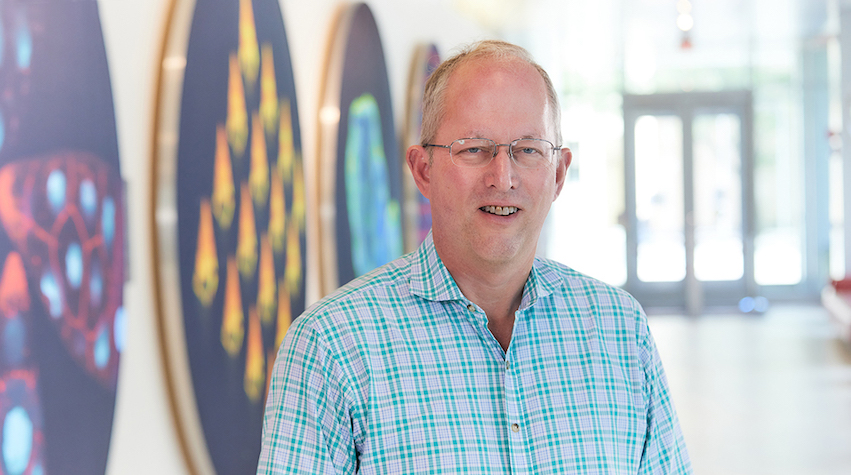
K. Dane Wittrup, the Carbon P. Dubbs Professor of Chemical Engineering and Biological Engineering at the Massachusetts Institute of Technology (MIT), has been selected by AIChE’s Society for Biological Engineering (SBE) to present the 2024 James E. Bailey Award Lecture. Named for biotech pioneer Jay Bailey of Caltech, the lectureship honors an engineer for contributions to biochemical engineering research, education, and professional service.
Wittrup will receive the Bailey Award and present an associated lecture, “Engineering Protein Biopharmaceuticals: Theory and Practice,” on October 29 at the 2024 AIChE Annual Meeting in San Diego, California. In his talk, Wittrup will describe how protein binding engineering has become a powerful approach to correct pathophysiological conditions. Protein drugs represent the fastest-growing segment of pharmaceuticals — offering greater potency and selectivity compared to small molecules, as well as superior safety and manufacturability over some other therapeutics.
A faculty member in MIT’s Koch Institute for Integrative Cancer Research, Wittrup’s work has had a broad impact on quantitative pharmacokinetic and pharmacodynamic design principles for protein biopharmaceuticals. His predictive tumor targeting theory remains the definitive framework for designing systemically administered tumor-targeting agents. Recently, he has developed novel technologies for intratumoral cytokine anchoring. These technologies improve the therapeutic index of powerful immunostimulatory molecules by both decreasing toxicity and increasing potency. These agents are currently being tested in clinical trials.
Wittrup has co-founded seven companies: Adimab, Eleven Bio, BioDisplay, Immunitas, Ankyra, Cullinan Amber, and 76Bio. Collectively, and to date, these companies have developed therapeutic proteins tested in 75 clinical trials, as well as three marketed drugs.
About AIChE: AIChE is a professional society of more than 60,000 members in more than 110 countries. Its members work in corporations, universities and government using their knowledge of chemical processes to develop safe and useful products for the benefit of society. Through its varied programs, AIChE continues to be a focal point for information exchange on the frontier of chemical engineering research in such areas as nanotechnology, sustainability, hydrogen fuels, biological and environmental engineering, and chemical plant safety and security. More information about AIChE is available at www.aiche.org.
